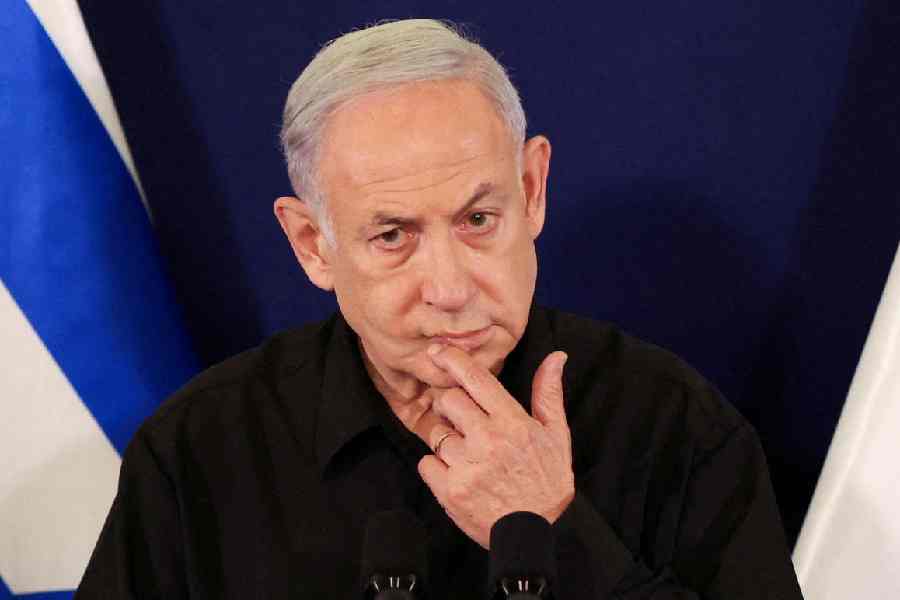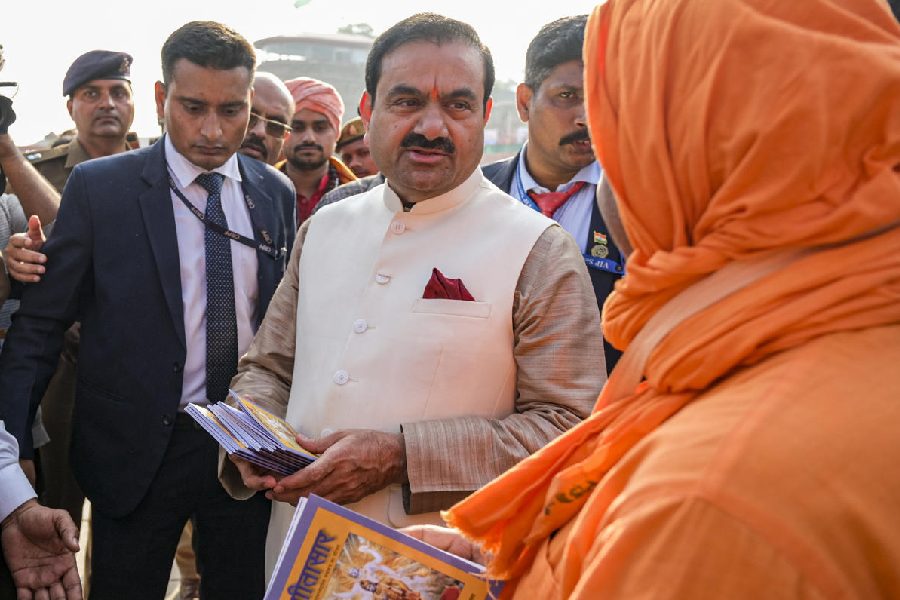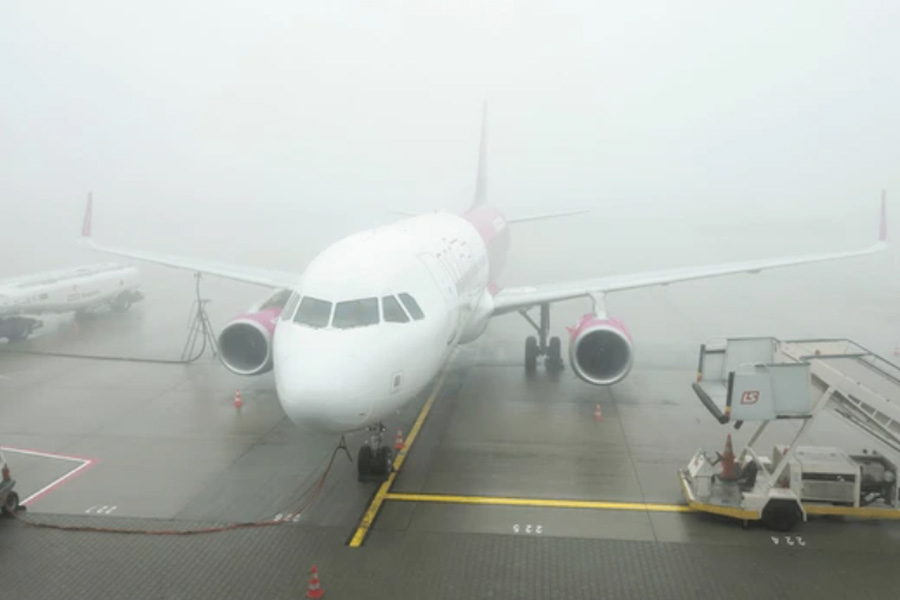On Wednesday, the United States of America publicly confirmed, through the defence secretary, Lloyd Austin, that it had put a pause on a weapons shipment to Israel. That significant decision — it is the first time the US has withheld weapons supplies to Israel since the Lebanon war of 1982 — is even more consequential because of the context in which it comes. Earlier this week, the Palestinian militant group, Hamas, announced that it had agreed to a ceasefire proposal put forward by Qatari and Egyptian mediators that aimed at bringing to a halt — and possibly an end — Israel’s war on the Gaza Strip that has killed more than 34,000 people. William Burns, the director of the Central Intelligence Agency, is also believed to have been involved in the negotiations that led to the ceasefire proposal. Yet hours after Hamas’s acceptance of the truce, Israel intensified its bombing of Rafah that it has been threatening to invade claiming that it is a hideout for Hamas fighters. Then, Israel sent tanks into Rafah, where more than half of Gaza’s 2.2 million people are sheltering after being displaced from other parts of the besieged enclave because of Israeli bombardment. The Israeli army grabbed control of the Rafah crossing between Gaza and Egypt, blocking the biggest entry point for aid into an enclave already on the brink of famine.
These moves, by Hamas, Israel and the US, point to the growing global isolation of the government of the Israeli prime minister, Benjamin Netanyahu, over the war and, increasingly, to tensions with even its closest ally, the US. Israel has every right to push back on a ceasefire proposal that it simply cannot accept: it can also offer a counter-proposal that brings the talks closer to a consensus. But by escalating the war and targeting Rafah — whose invasion Joe Biden has warned against — Mr Netanyahu and his team have publicly undermined the talks process and humiliated Washington. In recent days, as the negotiations have intensified, Israel also banned Al Jazeera, the Qatar government-funded international broadcaster, further straining ties with a key mediator and weakening its own claim to being a democracy supportive of a free press. None of this, however, should weaken efforts by the international community to seek a long-term ceasefire in Gaza. Mr Netanyahu may choose to ignore the world’s warnings. But the world cannot ignore his actions.











